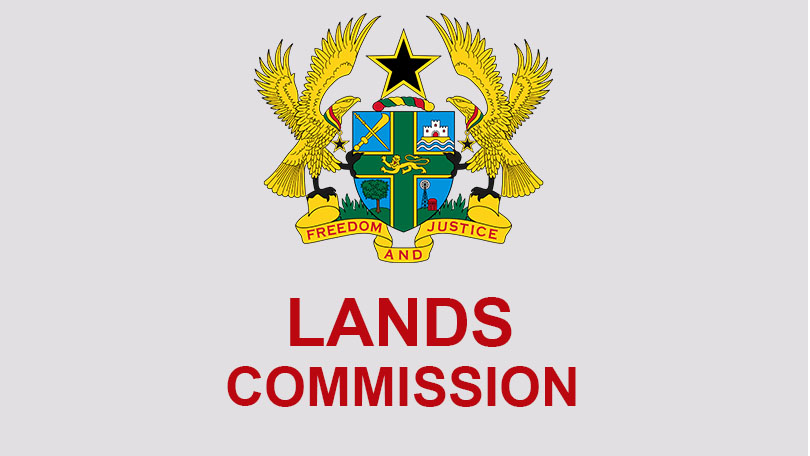Acquiring a property, especially land, is a very important investment any individual can ever make. After acquiring a land from a trusted agent, it is important to get it registered. Here are steps to getting a parcel
of land registered and the advantages of doing that in Ghana
Land Title Registration
It is a system under which an authoritative record is kept of the title to a particular parcel of land in a register. This system is different from registration of instruments under Act 122; for where title to land is registered, it is the land register and certificate which contain evidence of title. It is important to note that where title to the land is registered, the title is indefeasible.
Lands that Can Be Registered
These include: allodial title, common law freehold, leases, concessions, vesting assents, mineral and mining leases, mortgages
Steps to acquiring a Land Certificate:
1. In Ghana, there are three laws that govern the registration of land titles. These laws include the Stamp Duty Act, 2005 (Act 689); Land Registry Act, 1962 (Act 122); and Land Title Registration Act (PNDCL 152). After acquiring a land, an individual is expected to go to the Lands Commission with his/her documents to begin the registration process.
2. The Stamp Duty Act, 2005 requires that the instrument is stamped within two months of execution. Stamping is a condition precedent for registration.
3. After the document has been stamped, you are required to submit the document to the land registration division of the Lands Commission where a yellow card is issued in acknowledgement of receipt.
4. A letter is given in addition to the yellow card to be sent to the Survey Department for a cadastral/ parcel plan.
5. When the cadastral/parcel plan is produced, it is sent to the title office and an amount of money is paid for a publication to be made in the national newspapers. The essence of the publication is to announce to the world that someone has purchased a land and it’s registering the title. Therefore if anyone has any issues, they should come up with it before the individual is issued the title to the land.
6. A search is run alongside. After 21 days of publication, the office may go ahead and issue a certificate if no counterclaim arises and the search did not reveal any contradictory grant.
Why should you register a land?
1. It reduces litigation. If everyone is aware that a land has been registered, the purchaser is protected.
2. Title registration removes opportunity for fraud on innocent purchasers.
3. It gives finality and secures an individual from adverse claims.
4. It allows easy transfer of interest – If someone has a land title to their land, it is easy to buy from them.
5. It enables the registered proprietor to use it as security for a loan.
6. Provides useful info for professionals, e.g. valuers etc
Problems/Challenges faced in getting land title registered
1. Poor customer relations from land agencies.
2. Perceived rent-seeking attitudes of land agency employees.
3. Lack of information about the registration process.
4. The process is expensive; it takes too long and is stressful.
Source: Kwame Ankapong Yeboah, Land and Property Investment Consultant.







